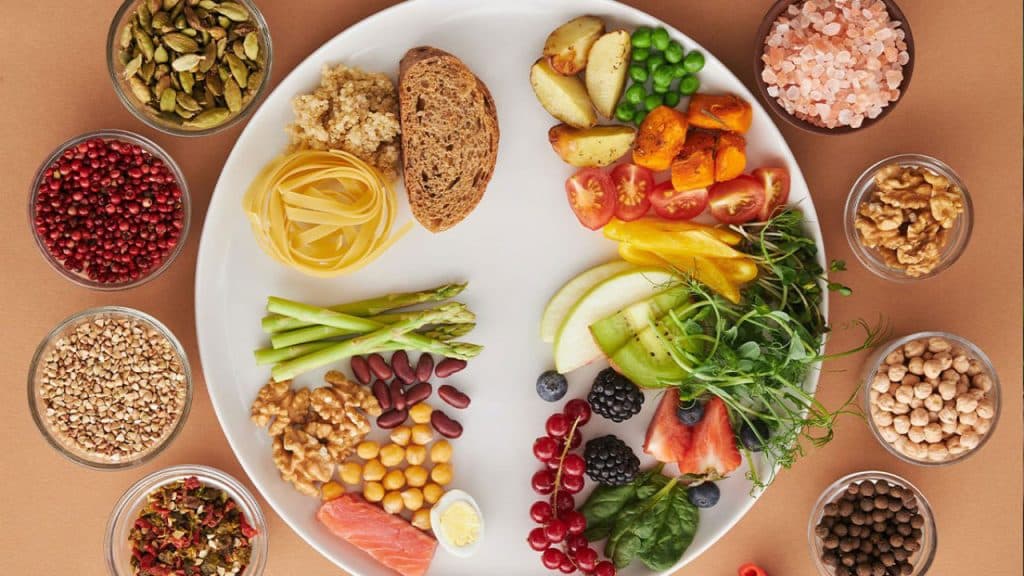How can you recomposition your body to gain muscle and lose fat without resorting to risky performance-enhancing drugs?
You might be able to use steroids to give your muscles a boost, but they won’t necessarily stop you from gaining weight, and they’re not a substitute for a properly nutritious diet. Let’s talk a bit about how to balance your food intake with your exercise so you can replace that body fat with lean muscle.
The starting principle is simple enough: you need to reduce your calorie consumption. For losing fat, 11 calories for every pound of body weight is a good start. You can increase this to 16 calories if you’re focusing on muscle building. You may need more if you have a more active lifestyle, such as a job that involves heavy lifting. Keep measuring your food and adjusting your diet depending on your progress, and weigh yourself every week.
After calories, protein is probably the most important consideration. Protein is what allows you to build and maintain muscle, although you can reach the point where increasing protein no longer has an impact. It also counts towards your caloric intake.
For non-protein calories, carbs should make up between 40% and 60%. You need them right before or during an exercise session to make sure you have the energy you need, plus a decent amount in the evening to help your recovery. Avoiding carbs until just before the workout can help keep your nervous system sharp. Remember, starchier, whole-grain carbs last longer and are better for blood sugar than highly processed or sugary ones. Once you’ve determined your protein and carb requirements, you can fill the rest of your caloric needs with fat.
It’s not about food alone, however. Hormones can also have an impact, from insulin (you need some to help your muscles grow, but too much prevents you from burning fat effectively) to cortisol (its impact on energy levels also affects how you burn fat). What you eat (especially if you’re on something like the keto diet) can change how your hormones work. For example, fewer carbs lead to lower blood sugar, which can elevate your cortisol.
Exactly how you fit all this together will depend on your specific goals, body type, the time of day you train and your preferred exercises.




